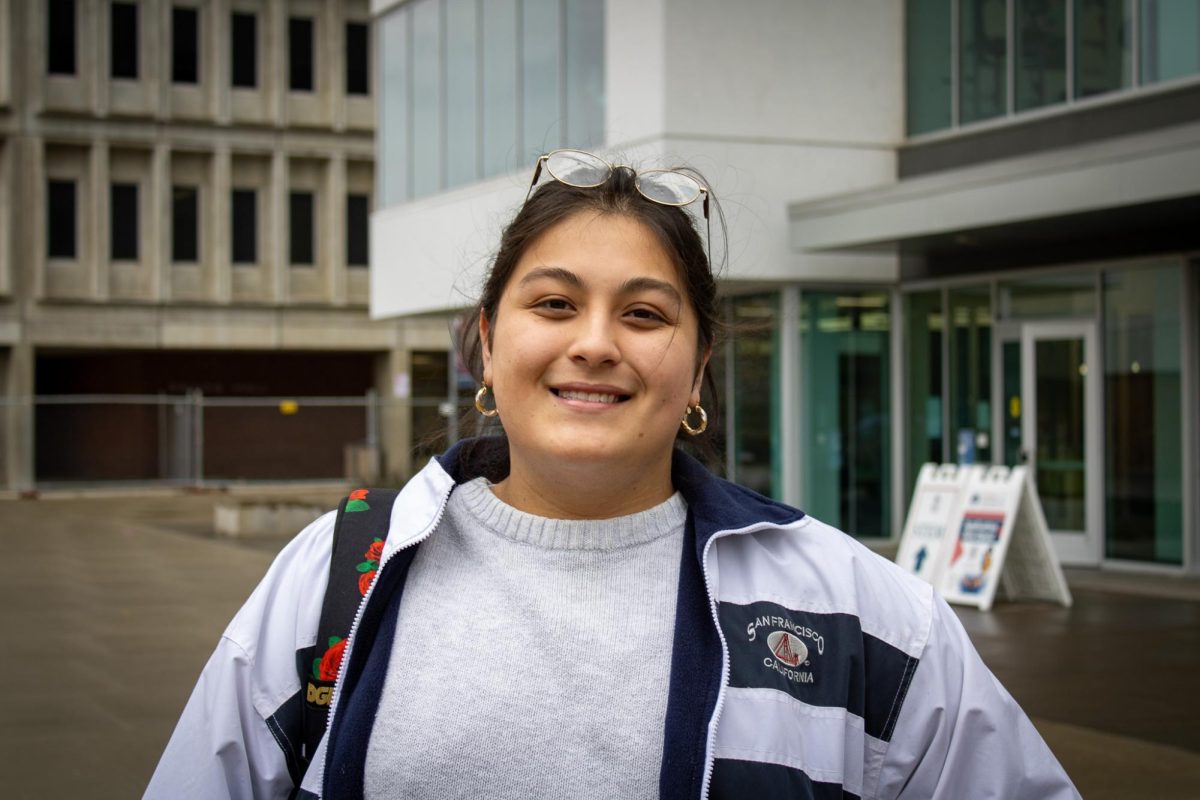Where would you turn for help if you were sexually assaulted?
Students can receive on-campus crisis counseling for sexual assault at the counseling office, the campus police hold sexual assault workshops each semester, and American River College refers students to WEAVE (Women Escaping a Violent Environment) for sexual assault issues.
But these programs are simply not enough.
Firstly, information about most of the resources offered on campus or through referrals is available to victims only if they come to campus to report or seek help for the crime. There are links to resources on neither the counseling nor health center websites.
Many students, particularly younger ones who have grown up in a culture of online communication, may be embarrassed asking for help in person or may be unsure of how to approach persons in a position of perceived authority, like a nurse at the health center.
But, “there’s not really a good way for students to get help on their own if they don’t come in and ask,” said college counselor Mike Sachau.
Sachau acknowledged that while there is an internal document with referrals to mental health services off campus, there is no way for students to access the document on their own.
Secondly, the on-campus counseling that is available to students who are victims of sexual assault is short-term counseling, but students may find long-term off-campus services to be economically unavailable, even if they have health insurance. Some plans don’t cover mental health services, or have a high deductible before treatment is covered.
According to Sachau, ARC used to offer long-term mental health services, but at some point lost the funding.
“It takes leadership at the top” to recognize the need for long term counseling, said Sachau, who is optimistic that the new chancellor of California community colleges will be in tune with the students’ needs in that regard.
Many community colleges have health fees that pay for many services, including psychiatric care, said Martina Molina-Kanae, college counselor.
Although there is significant room for improvement, some staff members are working to make mental health and sexual assault information more readily available to students.
College nurse Michele Arnott is working on a pamphlet with updated student resources, and hopes to have the project completed in time for the fall semester.
This pamphlet would be an important item to put in the hands of incoming students, and should be highlighted during orientation.
And even without full funding, counselors and nurses do work to create safe spaces for students to share their experiences.
When faced with a crisis situation, Sachau does a threat assessment, then makes follow-up appointments to confirm the student has been able to access the referred resources, an important step to ensuring proper care.
Sachau, Molina-Kanae and Arnott all affirm that an additional role of the counselor or nurse is to help the student to report the crime if he or she chooses to.
“There will be times when you are going to have to use your voice,” said Arnott with regard to reporting and asking for help. “We will listen to what you have to say and won’t ignore it.”













